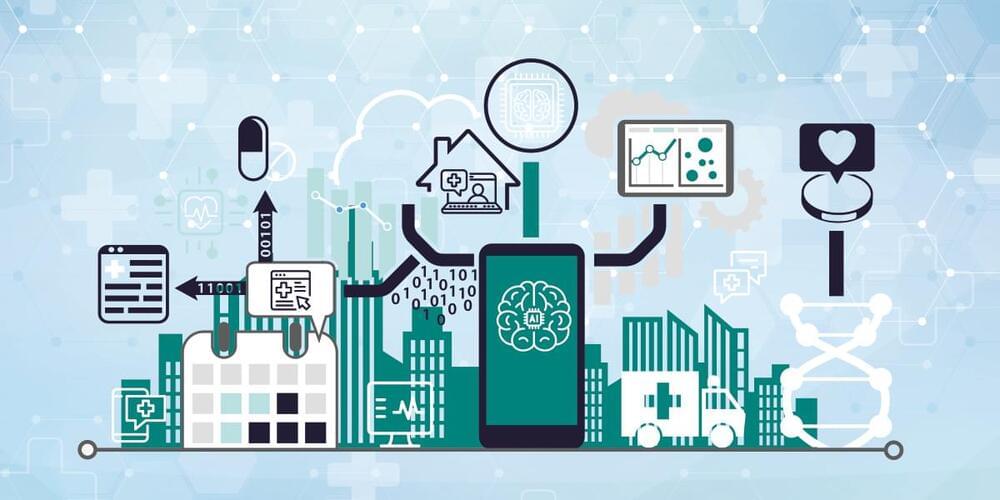Bobbi is SVP, Software Engineering at Loopio. She is a technology leader with over 25 years of diverse experience in the industry.
AI and emerging technologies under the AI umbrella—like generative pre-trained transformers (GPT)—are reshaping the business world. These technologies are fostering greater organizational efficiencies and innovations and are quickly becoming crucial for companies of all sizes.
The ability to automate processes and tasks opens up a plethora of new opportunities for organizations. When automation can scale with an organization, this can completely transform day-to-day operations. In this article, I’ll look at three ways that engineering organizations in particular can use AI to transform their organizational efficiencies, organizational structure and software practices and processes.






